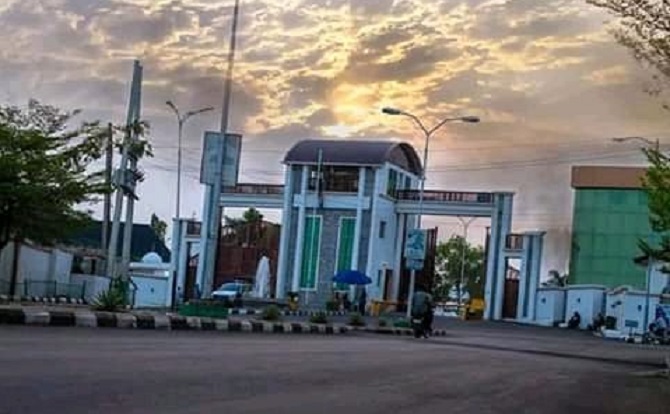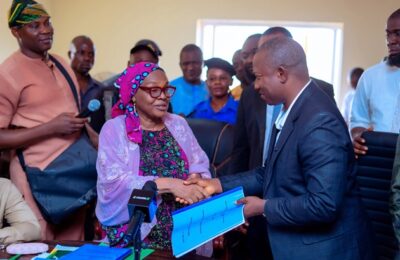Thirty-four years after its proclamation, Kogi remains suspended in the cruel theatre of deferred destiny. The state stands as a paradox—lavishly endowed yet scandalously impoverished, historically strategic yet politically disfigured. What ought to be a beacon of convergence at the confluence has instead deteriorated into a mausoleum of squandered possibilities. Kogi is pregnant with glory, but the delivery has been interminably delayed, and the labour pangs grow more excruciating by the day.
At the heart of this tragedy lies the Igala nation, once the custodian of the state’s political sceptre. From the dawn of Kogi’s creation, the Igalas stood astride the political firmament like colossi, scripting the early narratives of dominance and continuity. Yet, through a cocktail of arrogance, internecine rivalry, and myopic bargains, they incubated a Frankenstein that has now turned predator. The monster they midwifed—political disunity married to elite perfidy—has devoured their influence, leaving them writhing in the iron grip of marginalization.
The state’s landscape testifies to this miscarriage of destiny. Lokoja, historically the crucible of Nigeria’s amalgamation, ought to pulsate as a capital of commerce and governance. Instead, it languishes in decrepitude, with roads pockmarked into deathtraps, schools gasping like relics of abandonment, hospitals reduced to morgues of despair, and industries lying in ruins. The confluence of Rivers Niger and Benue should symbolize fertility and prosperity, yet it has become a cruel allegory of wasted union—a river of promise perpetually dammed by failure.
The Igala predicament is particularly poignant. Having once bestridden the state with numerical and political supremacy, they frittered away their advantage in reckless fragmentation. They forged alliances that mutated into shackles, surrendered strategy for sentiment, and weaponized envy against their own kin. In their haste to retain dominance at all costs, they fertilized a soil that birthed betrayal. Now they travail, chained to a political leviathan that mocks their past grandeur and questions their future relevance.
The deeper tragedy is not the absence of human capital but its reckless dispersion. Kogi has birthed luminaries in academia, technocracy, culture, and enterprise. Yet, like a constellation perpetually hidden behind clouds, their brilliance rarely translates into collective illumination. Disunity has rendered intelligence impotent, and ambition without cohesion has become nothing more than vapour. To borrow an Igala aphorism: “A tree that refuses to stand with the forest will be the first to hear the axe.”
Yet, all hope is not extinguished. Kogi’s unborn glory still stirs within its womb. The state, like a woman long overdue in labour, groans for a midwife of vision and courage. The ethnic tripod—Igala, Ebira, and Okun—must rise above their provincial intrigues and reimagine a covenant of shared destiny. The Igalas must repent of past errors, the Ebiras must exercise power with magnanimity, the Okuns must cast off resignation, and the minority tribes must claim their rightful voice. The monster of disunity must be slain if the child of destiny is ever to be born.
As Scripture warns, “A house divided against itself cannot stand.” And as the Igala proverb intones, “When the drum of war is beaten too loudly, it deafens the ears of its own drummer.” At 34, Kogi stands precariously on the fault line of history: it must choose between the birth of long-deferred glory or the miscarriage into irreversible irrelevance.
– Inah Boniface Ocholi writes from Ayah – Igalamela/Odolu LGA, Kogi state.
08152094428 (SMS Only)




